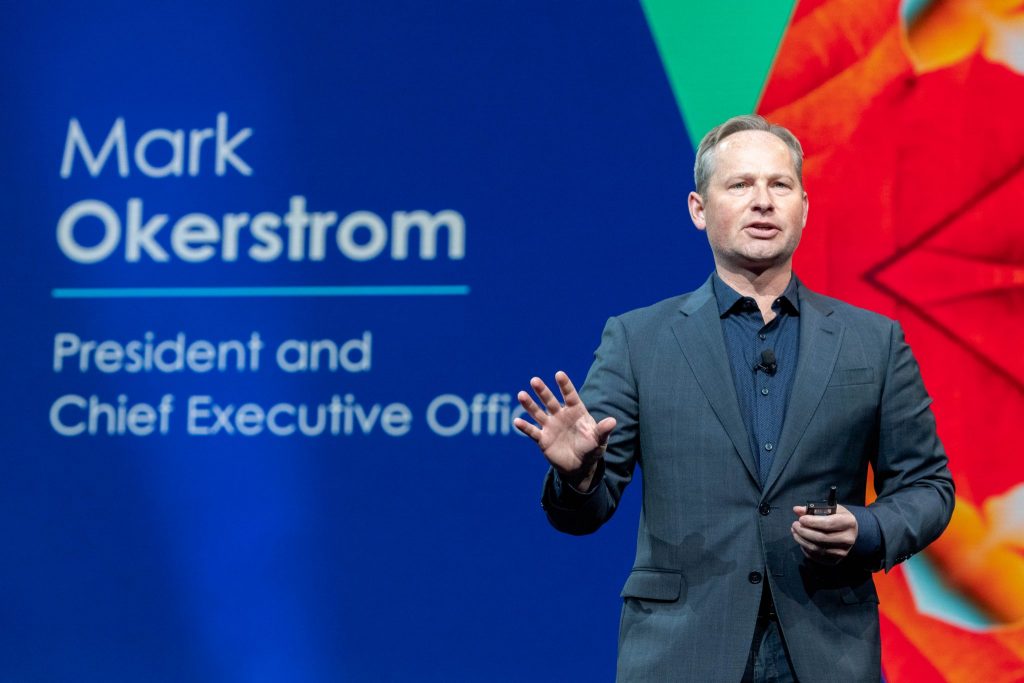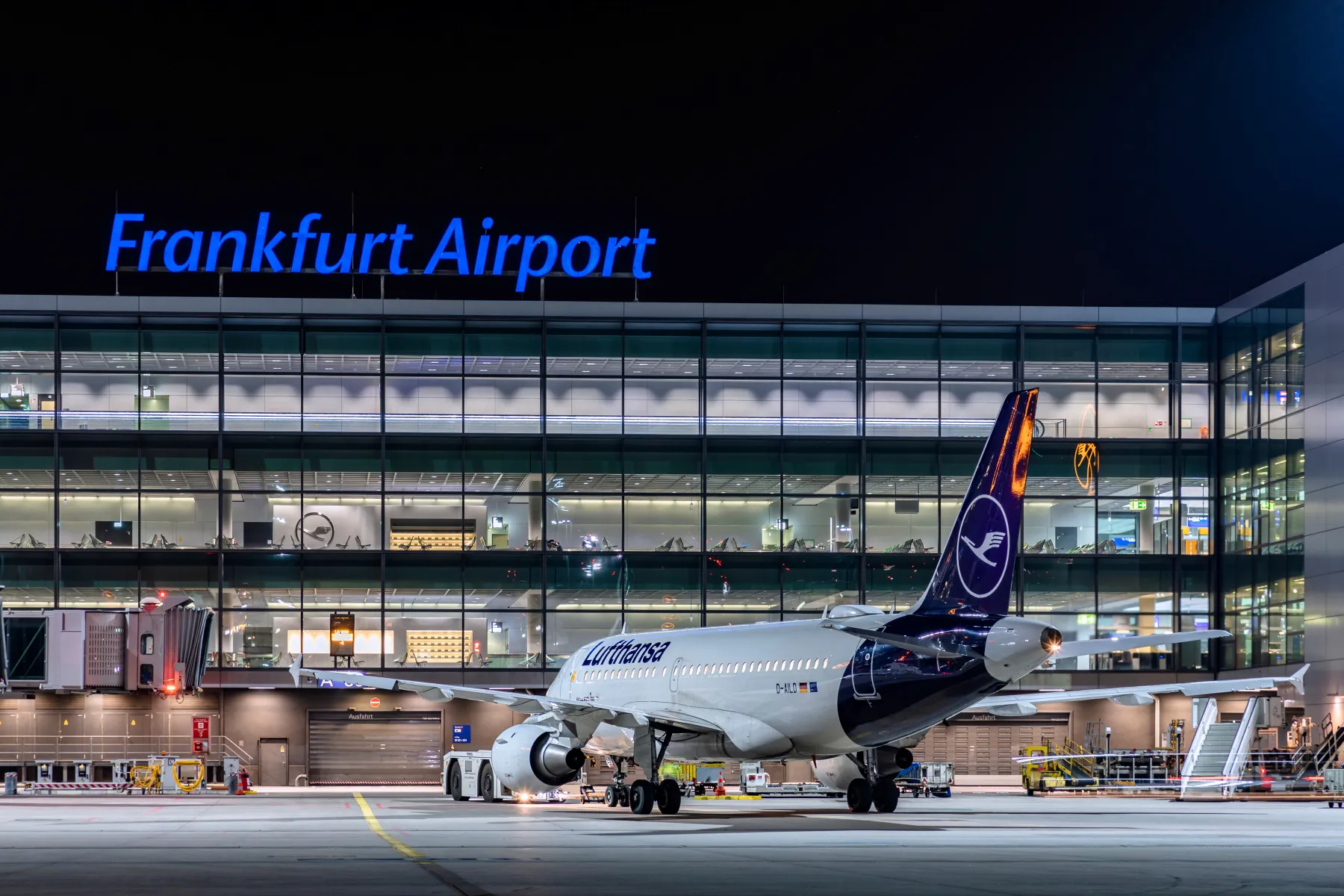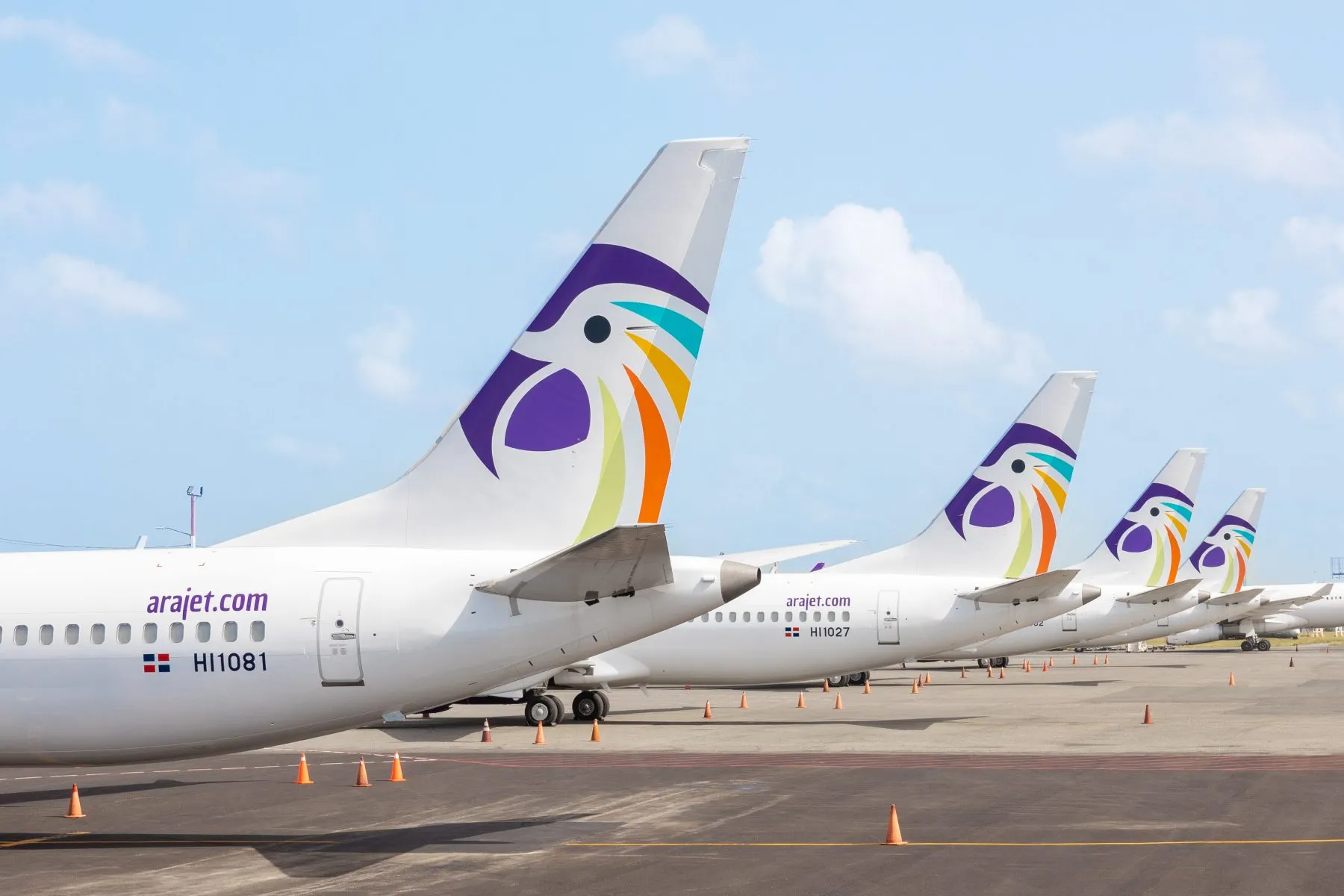Expedia to Hoteliers: Vacation Rentals Won't Steal Your Business

Skift Take
How is Expedia Group going to balance what has long been its core business — hotels — with all the efforts it is making to load vacation rentals and apartments on its sites after acquiring HomeAway in 2015.
Speaking before 4,500 audience members, including many hoteliers, Expedia officials sought to convince them that mixing alternative accommodations into Expedia's search results won't hurt hotels.
Cyril Ranque, president of Expedia Group's Lodging Partner Services, told the audience at the company's Explore '18 partner conference in Las Vegas Wednesday, that although some hoteliers are concerned about the proliferation of vacation rentals in Expedia's search results, they shouldn't worry because the use case for a hotel versus a vacation rental stay are clearly different.
The vast majority of vacation rental bookings on HomeAway are for trips with four people or more, Ranque said, which is larger than with the typical hotel itinerary.
“It doesn’t really impact hotel partners as long as we can put the right properties in front of the right customers for the right trip type," Ranque contended.
Of course, some hotels likewise go after group business, too.
“I don’t think more vacation rental accommodations within the rankings mean less business for hotels," Ranque added.
No soft brand
Expedia officials made the argument several times Wednesday that they want to create value for hotels by providing them with tools to make them more efficient rather than hurting them with the increased presence of vacation rentals, let along to compete with hotels.
Melissa Maher, Expedia's senior vice president of marketing and innovation, asked Ranque and CEO Mark Okerstrom on stage about speculation in the press that Expedia would launch its own hotel soft brand. Maher was likely referring to a Skift story, Why Expedia or Priceline Might Just Be the Next Great Hotel Brand.
The idea has merit: Ctrip in China is already making some preliminary moves in that direction.
But Okerstrom told the audience, "We are not really thinking about it in that way."
Instead, Okerstrom said, Expedia is rolling out a revenue management tool, Rev+, for hoteliers, notched a loyalty signup drive on Expedia with Red Lion , and is powering vacation rental packages on several hotel chain websites.
After several years of hotel chains strongly advocating for directing bookings on their own websites, and citing conversations with hoteliers, Okerstrom said, “I’m hopeful that’s the constructive path forward.
Citing a forecast from STR senior vice president Jan Freitag a few minutes earlier that U.S. revenue per available room growth would slow from 3 percent in 2018 to 2.4 percent in 2019, Ranque said it "makes total sense" for Expedia to share efficiency tools with chains and other hotel partners.
"It's actually in our interests to create efficincices in our system for all the players," Ranque said.
Officials talked about rolling out tools for hoteliers and vacation rental hosts dealing with revenue management, the calculation of state and local taxes, as well as data security.
Vacation Rental Business Models
Okerstrom repeated a notion he put forward at Skift Global Forum in September that the various business models and take rates among the major online travel agencies, including Expedia, Booking.com, and Airbnb, would eventually be similar.
Okerstrom said Airbnb is charging the customer 13-15 percent, including a hefty guest fee. If you pay Expedia 18 percent, does it really matter, he asked.
He said HomeAway's VRBO is currently testing a vacation rental business model that is similar to Airbnb's.
Airbnb's and HomeAway's fees vary depending on numerous factors property to property. Generally, HomeAway charges hosts about an 8.5 percent (including a 5 percent commission plus a 3.5 percent credit card fee), and levies an 8-10 percent guest fee.
Airbnb, on the other hand, charges hosts around a 3 percent commission, and guests pay fees of around 12 percent.
Okerstrom said the difference between the Expedia/HomeAway vacation rental business model and Airbnb's will likely narrow over time.
Asked to provide more detail after the session, Expedia Group spokeswoman Sarah Gavin said: "No decisions yet, but we are evaluating our commission models and will be guided by what our owners and property managers are telling us they need to give them the flexibility that works for them."
Is an online travel agency booking more profitable?
A hotelier asked Okerstrom and Ranque whether it would be more profitable for a property to get a booking on Expedia or through a chain website — it's an issue that has been debated for years.
Okerstrom said the issue ends up being a property-by-property decision.
Ranque said there is no clear picture or one-size-fits-all answer.
He said online travel agency bookings tend to produce similar profitability to chain bookings, "but at the end of the day, it is your decision."





